Man charged after 59kg of cocaine found among frozen fish
A SYDNEY property developer has been refused bail after he was charged with importing $20 million of cocaine hidden in a shipment of frozen fish. Dimitrius Mavris was arrested at Sydney Airport last night after he got off a plane.
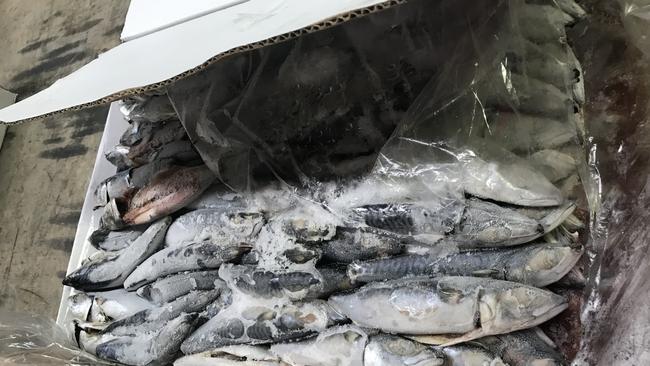
NSW
Don't miss out on the headlines from NSW. Followed categories will be added to My News.
A WOOLLOOMOOLO-BASED property developer has been refused bail in a Sydney court after he was charged with importing $20 million of cocaine hidden in a shipment of frozen fish.
Dimitrius Mavris’ matter was mentioned briefly before Central Local Court this morning where the court heard he was accused of importing 59 kilograms of cocaine in two shipping containers from Peru.
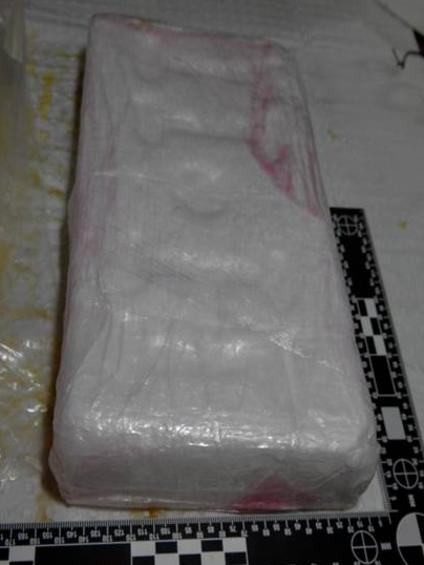
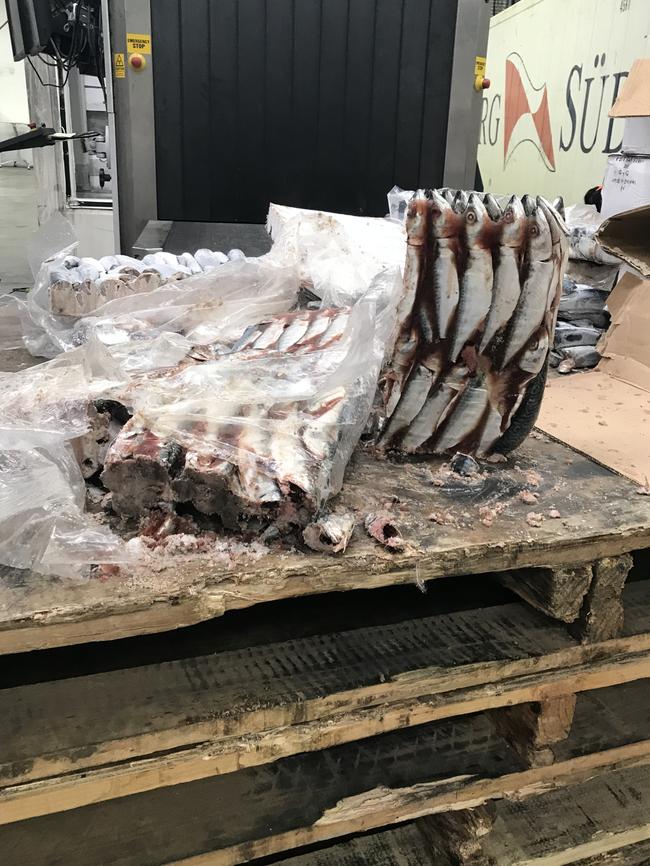
Mavris, 48, was arrested about 7pm last night by Australian Federal Police at Sydney Airport after he got off a plane following the discovery of the drugs on March 24.
MORE NEWS
TEEN HAD ‘200 PILLS HIDDEN IN CONDOMS’
BIKIE BOSS BLAMES FRAUD ON HOUSING PAIN
MILLIONAIRE MURDERER TO APPEAL
Today he did not appear in court or apply for bail and it was formally refused.
His matter is expected to return to court later this month.
Police will allege the first container — which arrived in Sydney in September last year was a “dry run”.
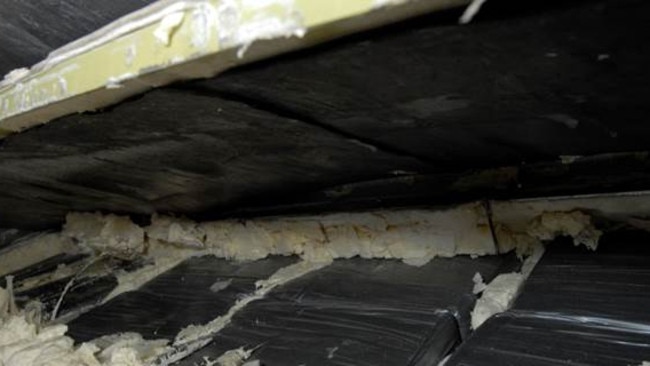
On March 24 this year Australian Border Force officers examined two further shipping containers from Peru which supposedly contained frozen fish.
An X-ray examination revealed anomalies within the refrigeration unit of both containers, police said.
Inside the container officers found taped packages weighing a total of 29 kilograms of cocaine in one container, and about 30 kilograms in the other.
Police said they removed the drugs and allowed the container to be delivered to Kingsgrove and then the containers were moved to various places across Sydney.
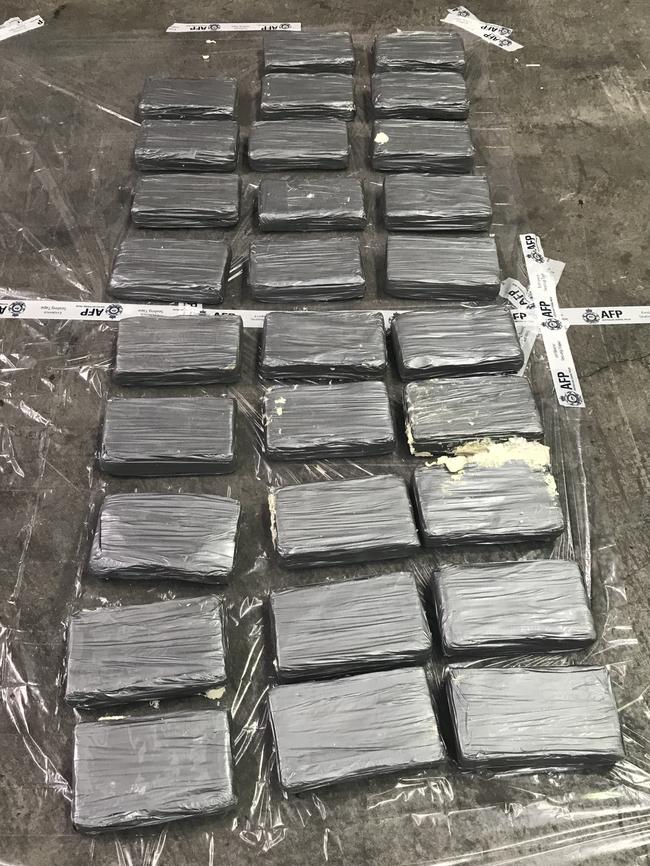
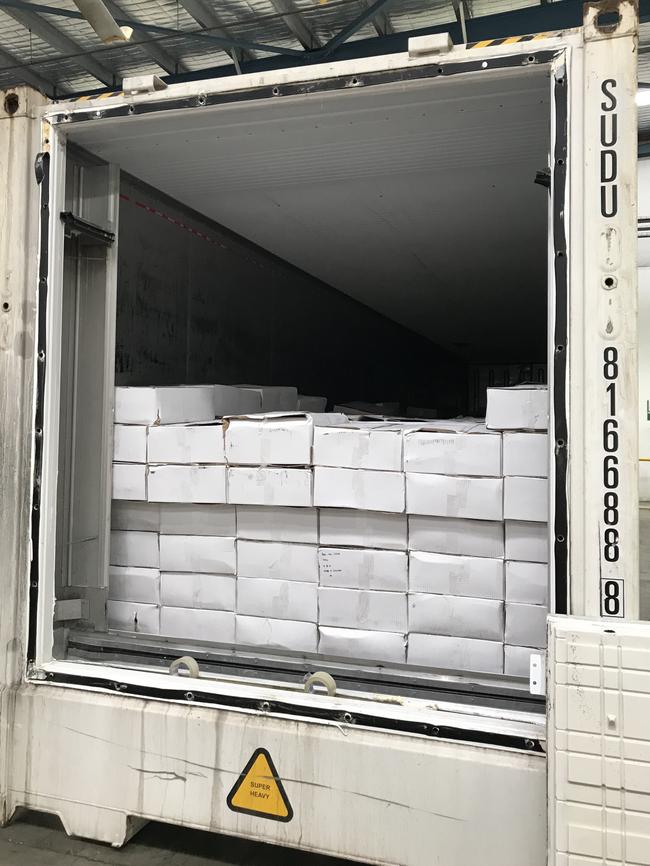
Mavris has been charged with importing a commercial quantity of a border controlled drug.
AFP acting Manager Organised Crime, Acting Commander Krissy Barrett, said the investigation demonstrates the tenacity of AFP investigators and the benefits of close co-operation at the borders.
“The AFP investigators on this case worked tirelessly. They pursued the investigation and were able to stop 59 kilograms of cocaine at the border thanks to our partnership with ABF, and gather enough evidence to make this arrest,” Acting Commander Barrett said.


